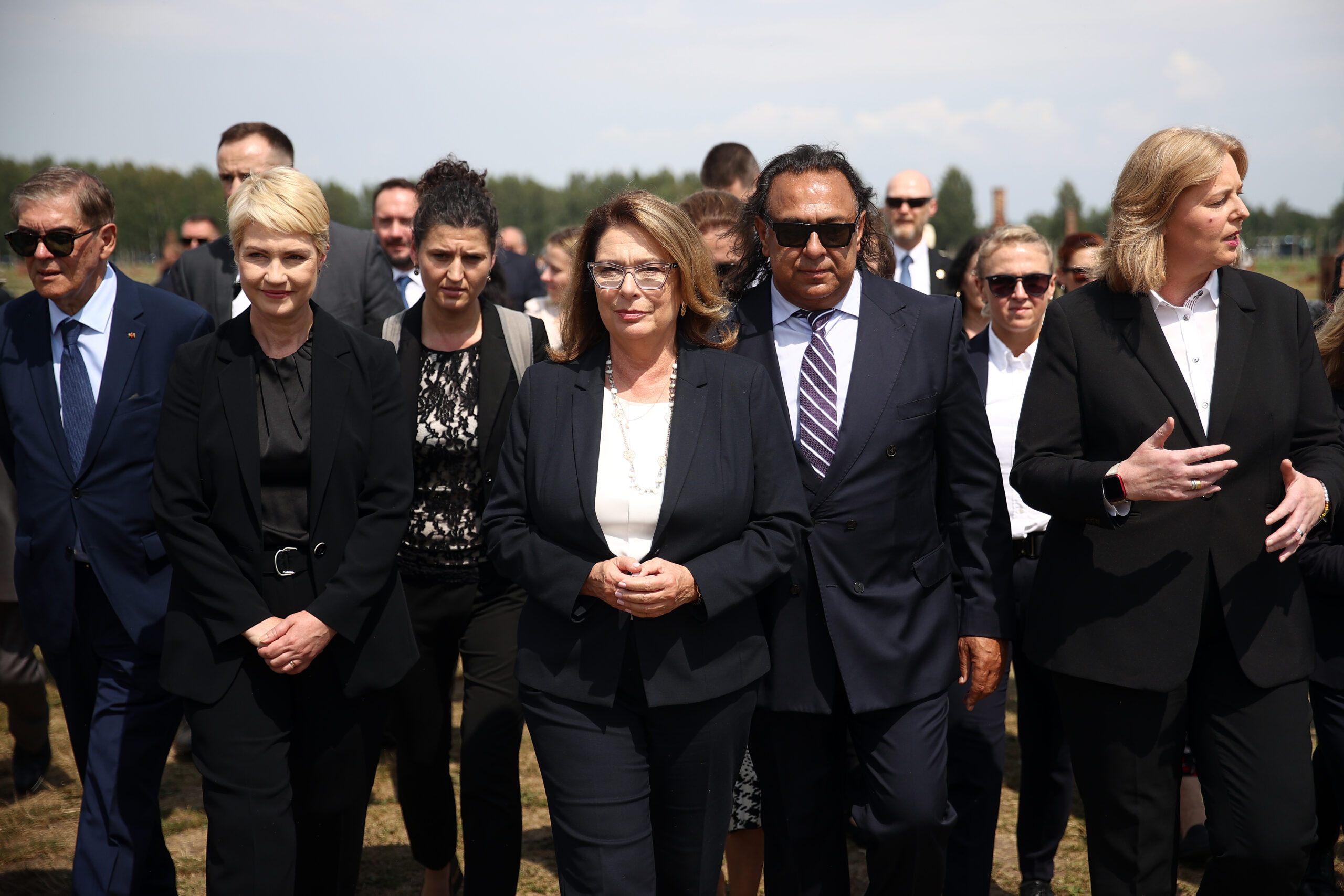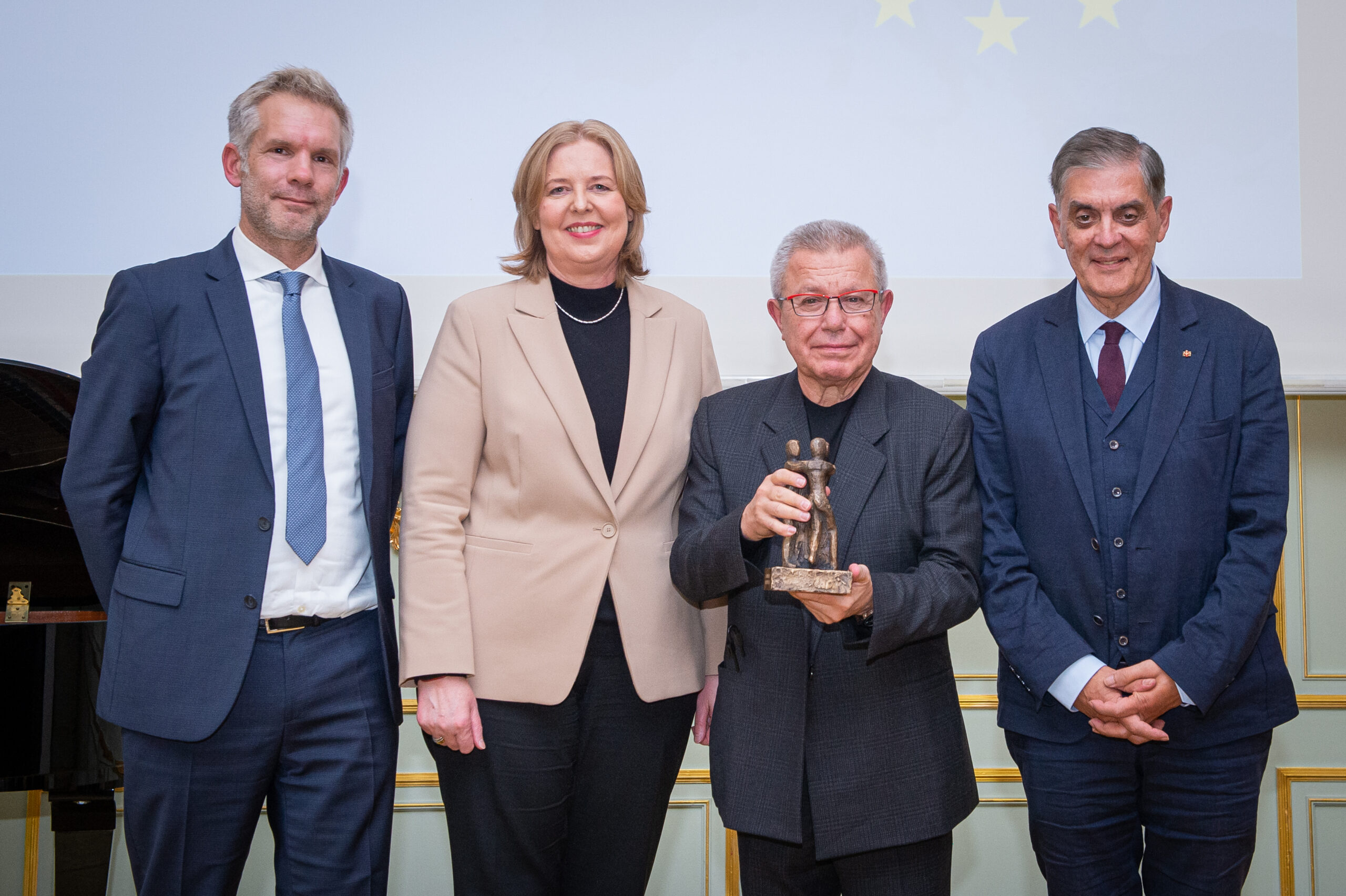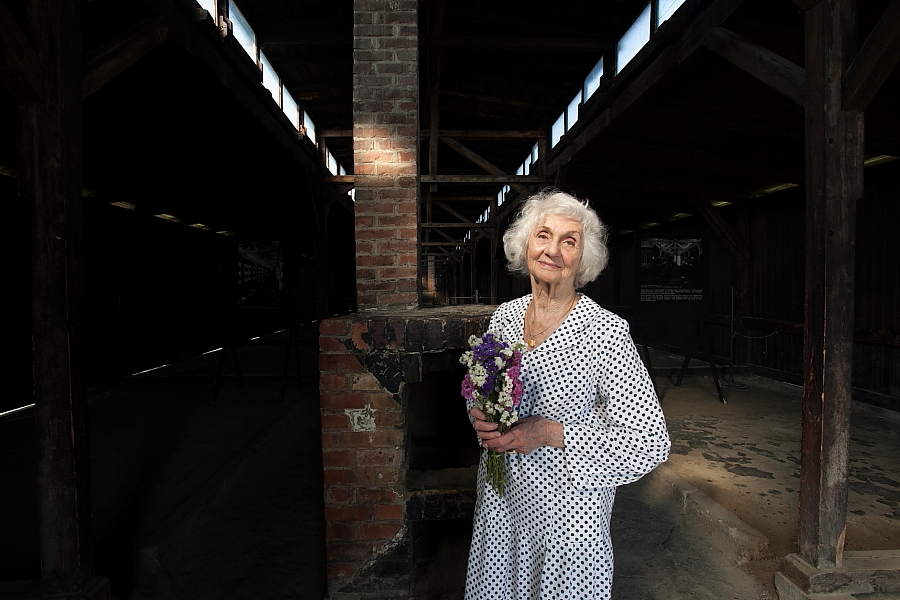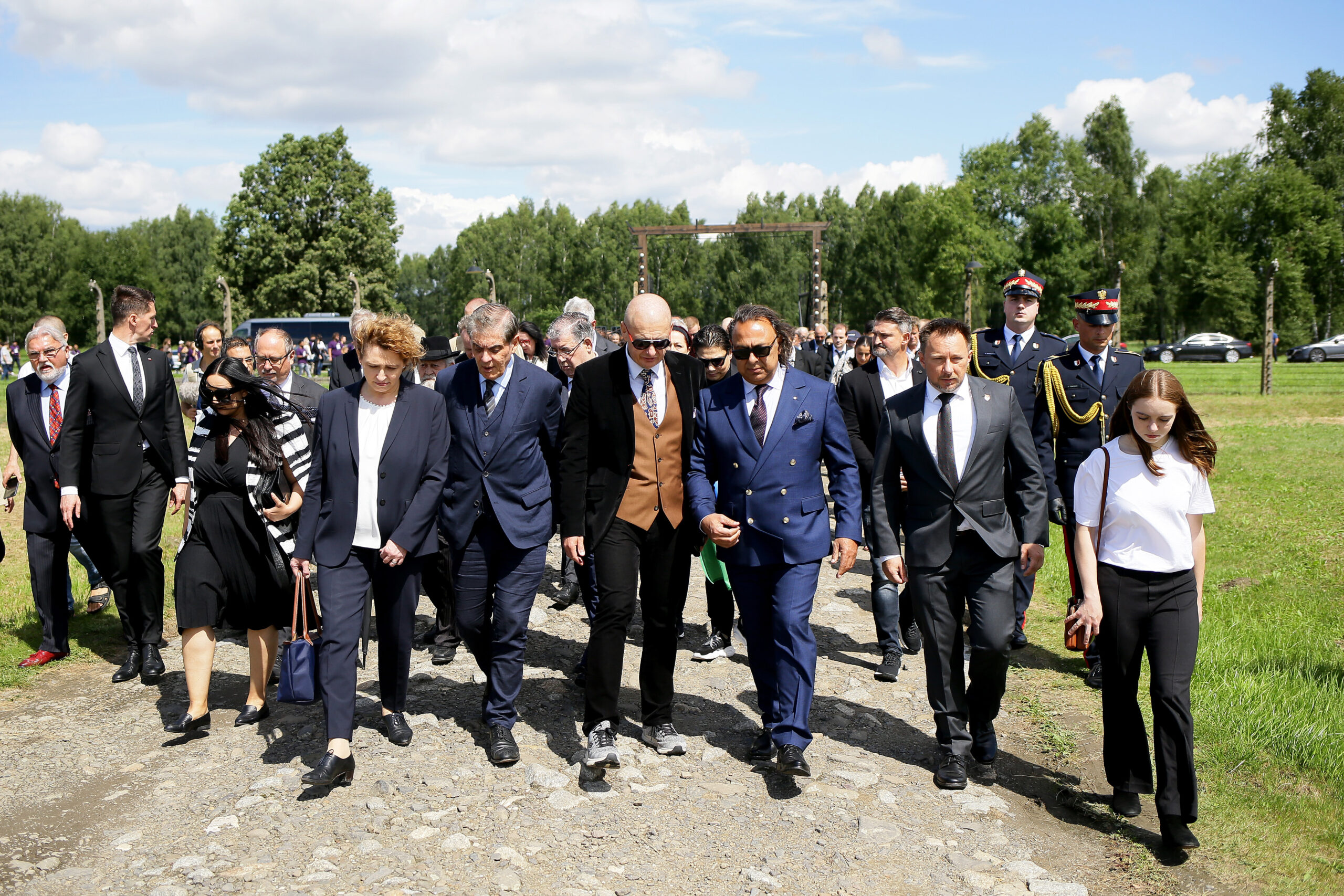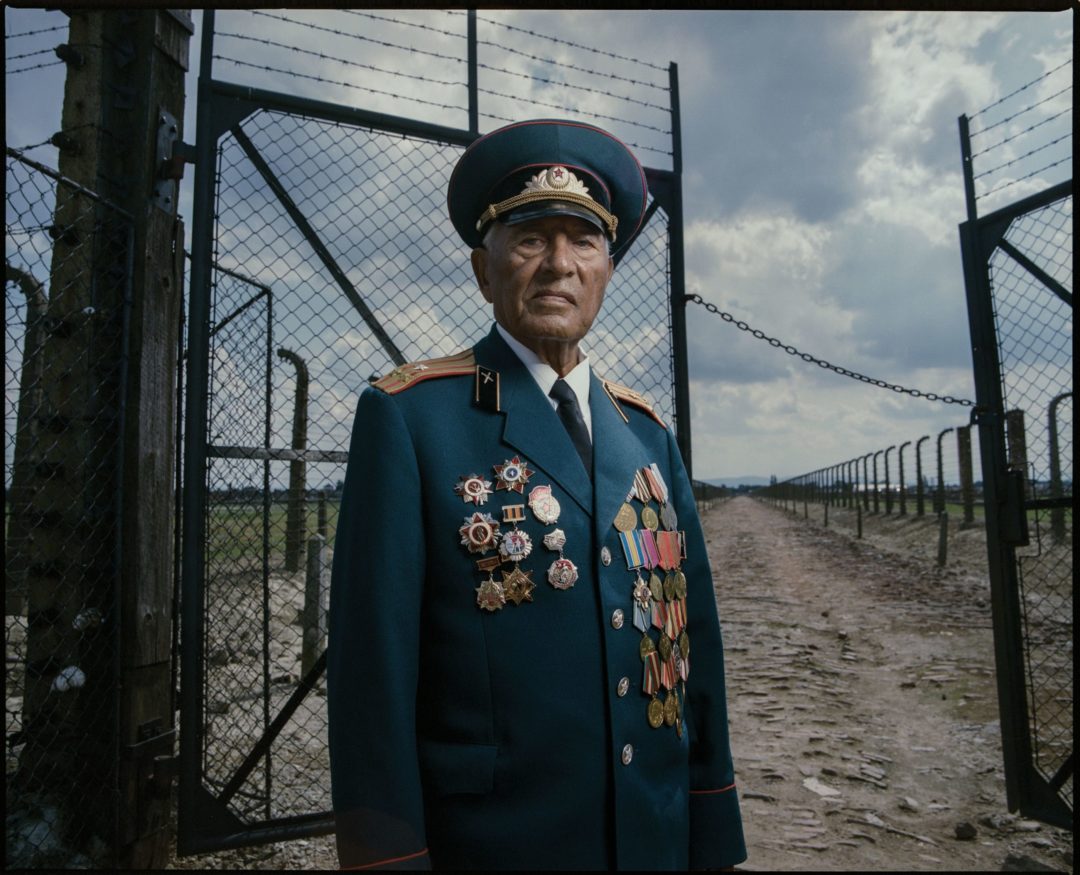The Documentation and Cultural Center of German Sinti and Roma together with the Central Council mourns the Holocaust survivor Ivan Bilashchenko, who died shortly before his 97th birthday in his Ukrainian homeland.
‘I had to live three lives: the Holodomor, the genocide and the war front,’ Ivan Bilashchenko summarized his fate a few years ago. And the Ukrainian Rom, colonel and World War II veteran added: ‘If you ask me what was the worst, I would answer without hesitation, the genocide. Because we always lived in the expectation that we would be shot, if not today, then tomorrow.’ Ivan Bilashchenko survived the cruel actions and spoke of his dramatic experiences in numerous talks – especially with young people.
A member of the Roma, he was born in 1926 in a village in the Cherkassy region. At the age of 16 he was to be deported to a German forced labor camp. However, he managed to escape by jumping off the train and return home.
There, a little later, with the support of the village leader and other companions, he was able to prevent the deportation of 40 young people – including one of his cousins.
After the invasion of the Red Army, he was drafted into military service at the age of 17. Having completed accelerated training at a military school with other Roma, he was assigned to monitor military communications. This took him from Ukraine to Belarus and Poland.
After the end of World War II, Ivan Bilashchenko graduated from the Technical College of Civil Engineering and started a family, becoming the father of a daughter and a son. Until the very end, he actively participated in public life, contributing to several historical exhibitions and repeatedly encouraging young people to confront the past and remember the horrors they experienced as well as the injustices they suffered. He did so in August 2019 at the international remembrance event ‘Dikh he na bister’ (Romani for ‘Look and don’t forget’) on the occasion of the European Holocaust Remembrance Day for Sinti and Roma at the Auschwitz-Birkenau Memorial. This annual gathering is co-organized by the Heidelberg Documentation and Cultural Center.
